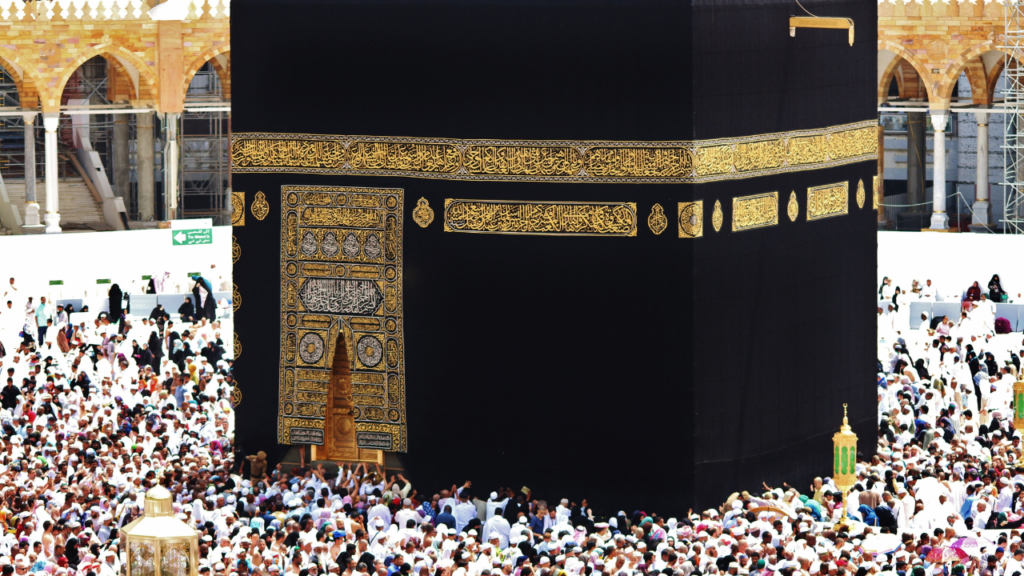
Why did Islam Spread So Quickly?
The rapid spread of Islam can be attributed to several factors, including charismatic leadership, military conquests, and social and economic appeal.

Introduction
The rapid spread of Islam across vast regions during the 7th and 8th centuries is a remarkable historical phenomenon that has fascinated scholars and historians for centuries. From its humble beginnings in the Arabian Peninsula, Islam quickly expanded its influence across continents, becoming one of the world’s major religions. While there is no single factor that can fully explain this rapid spread, a combination of social, political, economic, and religious factors played pivotal roles in its expansion.
Charismatic Leadership
One of the key factors behind the rapid spread of Islam was the charismatic leadership of its founder, Prophet Muhammad. His personality, moral character, and ability to inspire and unify people were instrumental in rallying the early Muslim community. His teachings of monotheism, compassion, and social justice resonated with many, attracting a diverse following.
Also check.
- Why Does Allah Test Us?
- What is Gambling in Islam?
- Why is Hajj Important?
- What is Interest in Islam?
- What is Sunnah in Islam?
Military Conquests
The early Islamic community engaged in a series of military conquests, known as the Islamic Expansion, or “Futuhat,” which contributed significantly to the spread of Islam. These conquests were driven by a combination of factors, including the desire to defend and propagate the faith, as well as economic incentives. Muslim armies, often fighting against weakened Byzantine and Sassanian empires, expanded the Islamic empire rapidly.
Tolerance and Governance
Islamic rule was characterized by a certain level of religious tolerance, which encouraged non-Muslims to convert voluntarily over time. The early caliphs, particularly Caliph Umar, established a system of governance that protected the rights of non-Muslims living in conquered territories, known as dhimmis. This policy helped create a stable and harmonious society, making conversion to Islam an attractive option.
Trade Networks
The Islamic Empire’s strategic location at the crossroads of Asia, Africa, and Europe facilitated trade, cultural exchange, and the diffusion of knowledge. Major trade routes such as the Silk Road and the Indian Ocean trade routes passed through Islamic territories, leading to increased contact with other cultures and religions. This exchange fostered curiosity about Islam and created opportunities for peaceful conversion.
Linguistic and Religious Appeal
Arabic, the language of the Quran, became a lingua franca across the Islamic Empire. This linguistic unity made it easier for people of diverse backgrounds to access Islamic texts, reinforcing the religious appeal of Islam. Moreover, the Quran’s message of monotheism, moral values, and the promise of salvation attracted many individuals seeking spiritual guidance.
Social and Economic Factors
Islam offered a sense of community and social cohesion. It introduced new legal and economic systems, such as the prohibition of usury and the promotion of fair trade, which appealed to individuals seeking economic stability and social justice. Additionally, the provision of charity (zakat) as one of the Five Pillars of Islam helped create a sense of solidarity among the Muslim community.
Conclusion
The rapid spread of Islam can be attributed to a complex interplay of historical, social, political, economic, and religious factors. The charisma of Prophet Muhammad, the military conquests, the tolerant governance, and the role of trade networks all played a significant role in Islam’s expansion. The appeal of its linguistic and religious message, as well as its social and economic benefits, further encouraged conversion to the faith.
While these factors help explain why Islam spread so quickly, it’s essential to recognize that historical events are often multifaceted, and no single explanation can account for the entirety of this remarkable phenomenon. The rapid expansion of Islam was shaped by a dynamic interplay of these factors, which continue to influence the religion’s global presence and influence today.

FAQs
What were the main reasons behind the rapid spread of Islam in its early years?
The rapid spread of Islam can be attributed to several factors, including charismatic leadership, military conquests, and social and economic appeal.




